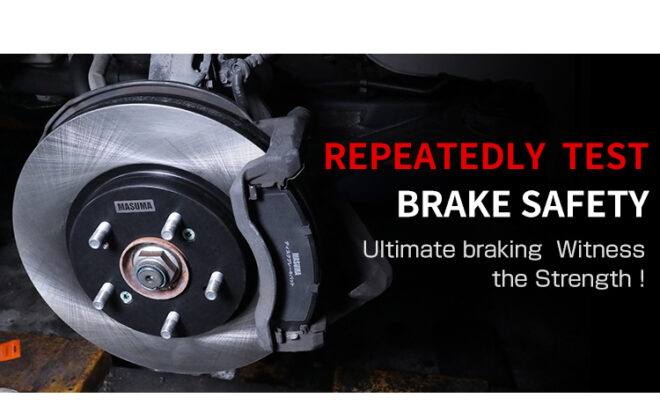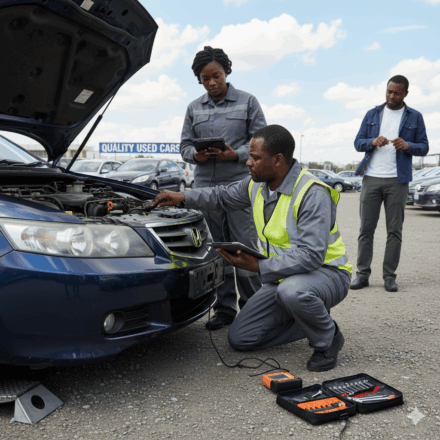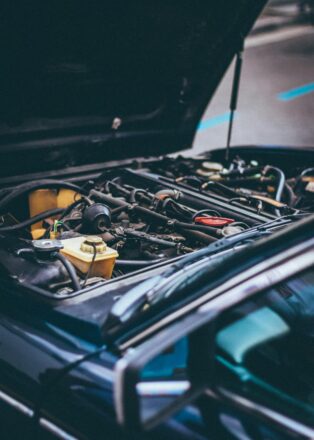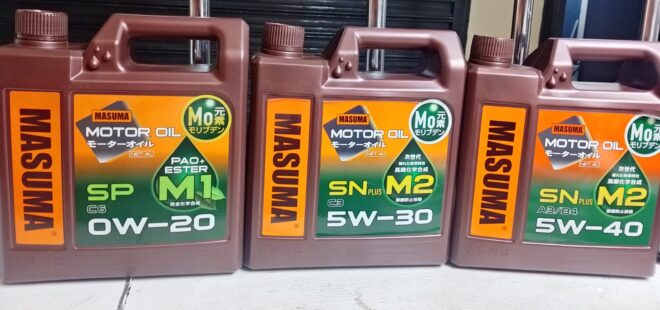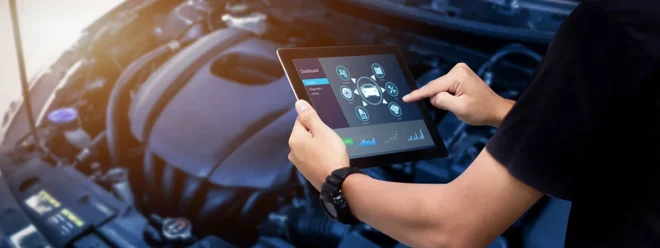Are your brakes trying to tell you something? Learn the top signs it’s time for new brake pads, backed by automotive science and manufacturer recommendations. Keep your drives safe and smooth on East African roads with expert tips from Masuma AutoParts.
Don’t Let Your Brakes Let You Down!
Alright, fellow road warriors, let’s talk brakes! Whether you’re wrestling Nairobi traffic, gliding through Kampala, or bouncing down a dusty backroad, one thing remains true—your brakes are your car’s ultimate bodyguard. Neglect them, and you’re playing roulette with your safety.
The reality? Many East African drivers only realize their brake pads need replacement when it’s too late.
In this hard-hitting, straight-talking guide, we break down the Top 10 undeniable signs that your brake pads are begging for attention—backed by science and recommendations from the world’s leading automakers. We’ll also show you why Masuma brake pads are the trusted choice across Kenya, Uganda, Tanzania, and beyond.
1. The Squeal Deal: High-Pitched Screeches
What’s Happening? Your brake pads likely have a metal wear indicator (the “squealer”) rubbing against your rotor.
Why You Should Care: This is a built-in alarm system. Ignoring it means you’re seconds away from more costly repairs—and danger.
2. The Grinding Grumble: Metal-on-Metal Mayhem
What’s Happening? No pad material left. You’re hearing rotor and caliper grinding together.
Why You Should Care: Danger and dollars. Rotors and calipers aren’t cheap to replace.
3. Pedal Pulsations: The Shaking Sensation
What’s Happening? Warped or uneven rotors caused by old or overheated pads.
Why You Should Care: This kills braking efficiency and can mess with your steering.
4. The Long Haul: Longer Stopping Distances
What’s Happening? Worn pads mean less friction = longer braking times.
Why You Should Care: Seconds matter in emergencies. This is a red flag.
5. The Dashboard Beacon: Brake Warning Light
What’s Happening? Your smart car’s sensors (used by Toyota, BMW, VW, etc.) are telling you something’s up.
Why You Should Care: Don’t ignore high-tech help. Schedule a check-up ASAP.
6. The Click or Rattle: Loosey-Goosey Brakes
What’s Happening? Pads or hardware may be loose.
Why You Should Care: Unstable pads = uneven wear = unpredictable stops.
7. The Peeking Pad: Visual Inspection
What’s Happening? If you see less than 3mm of pad, it’s time.
Why You Should Care: Many East African drivers rely on visual checks—know what to look for.
8. The Sideways Slide: Car Pulls When Braking
What’s Happening? Uneven wear or a seized caliper.
Why You Should Care: Braking should be straight and true. Anything else = trouble.
9. The Hot Smell: Burning Odor
What’s Happening? Overheating pads from constant braking or low-quality material.
Why You Should Care: Reduced braking power. Dangerous on hilly or city roads.
10. The Mushy Pedal: Spongy Feel
What’s Happening? Worn pads = caliper moves further. Could also be air in lines.
Why You Should Care: A spongy brake pedal delays your reaction. It’s a recipe for disaster.
Why Quality Matters: The Masuma Advantage
Masuma brake pads are engineered for East Africa’s unique roads and conditions:
- Advanced Friction Materials: Organic, semi-metallic, or ceramic compounds for consistent stopping power.
- Superior Heat Resistance: Reduces brake fade on hot days and long descents.
- Durable and Long-Lasting: Built for dusty roads, heavy traffic, and tough terrain.
- Quiet Operation: No more embarrassing squeals or rattles.
Mechanics trust Masuma because it’s engineered to perform and priced to last.
When Should You Replace Your Pads?
Typical manufacturer guidelines:
- Toyota/Honda: 40,000–70,000 km
- BMW/Mercedes-Benz: Up to 110,000 km with sensors
- Volkswagen/Nissan: 40,000–70,000 km
But real-world factors change everything:
- City traffic = faster wear
- Hilly terrain = hotter brakes
- Heavy vehicles = more pressure
Pro Tip: Get them checked every 10,000–15,000 km or at least once a year.
Final Thoughts: Don’t Brake the Bank (or Your Car!)
Your brakes are the real MVPs of road safety. Don’t ignore them!
* Schedule a brake inspection. *Choose quality—ask for Masuma brake pads. * Share this guide to help a friend stay safe.
Stay ahead. Stay safe. Stay confident—with Masuma AutoParts.
Follow us for more automotive tips and expert-backed advice to keep your car ready for whatever the road throws your way.
